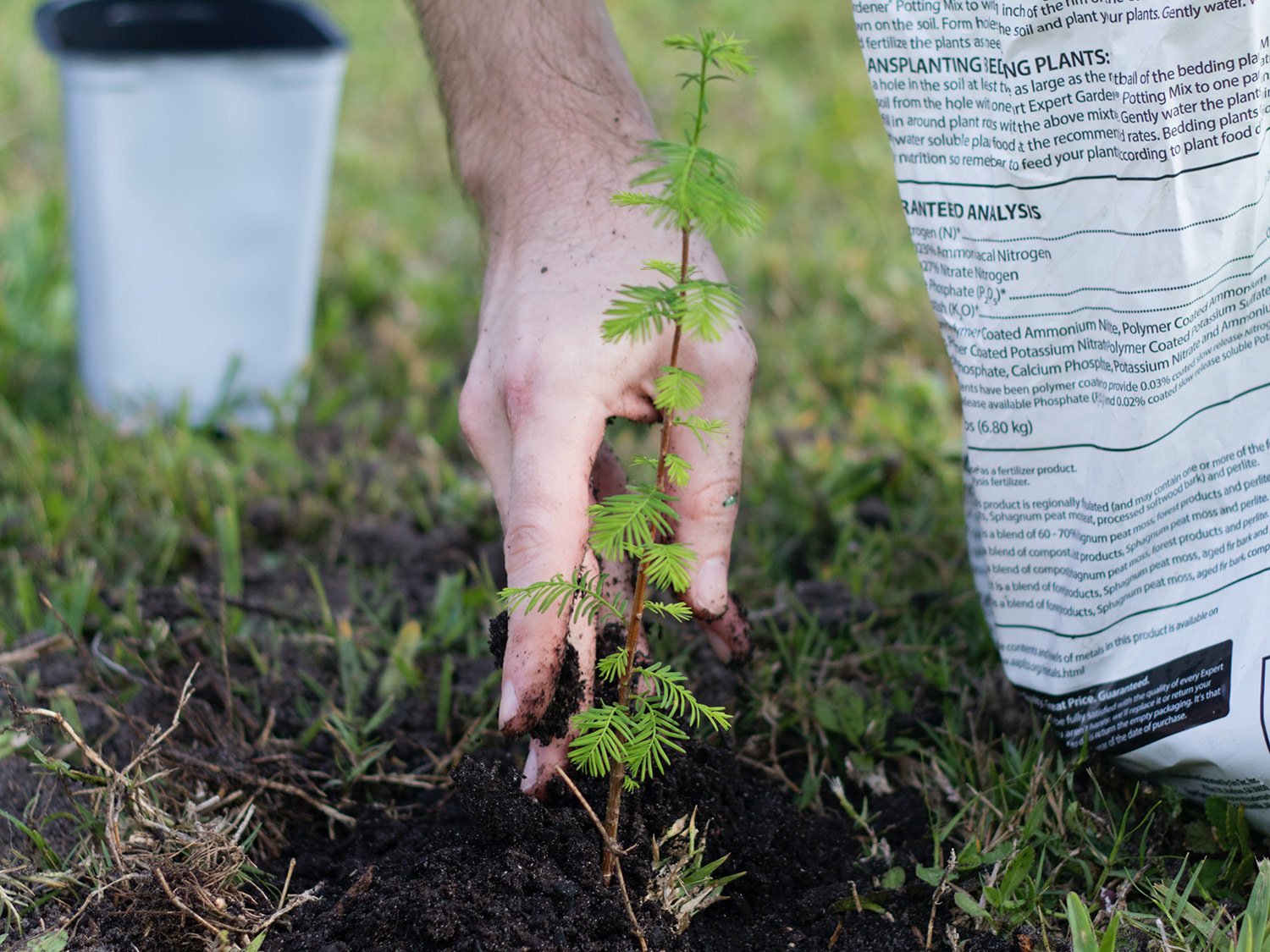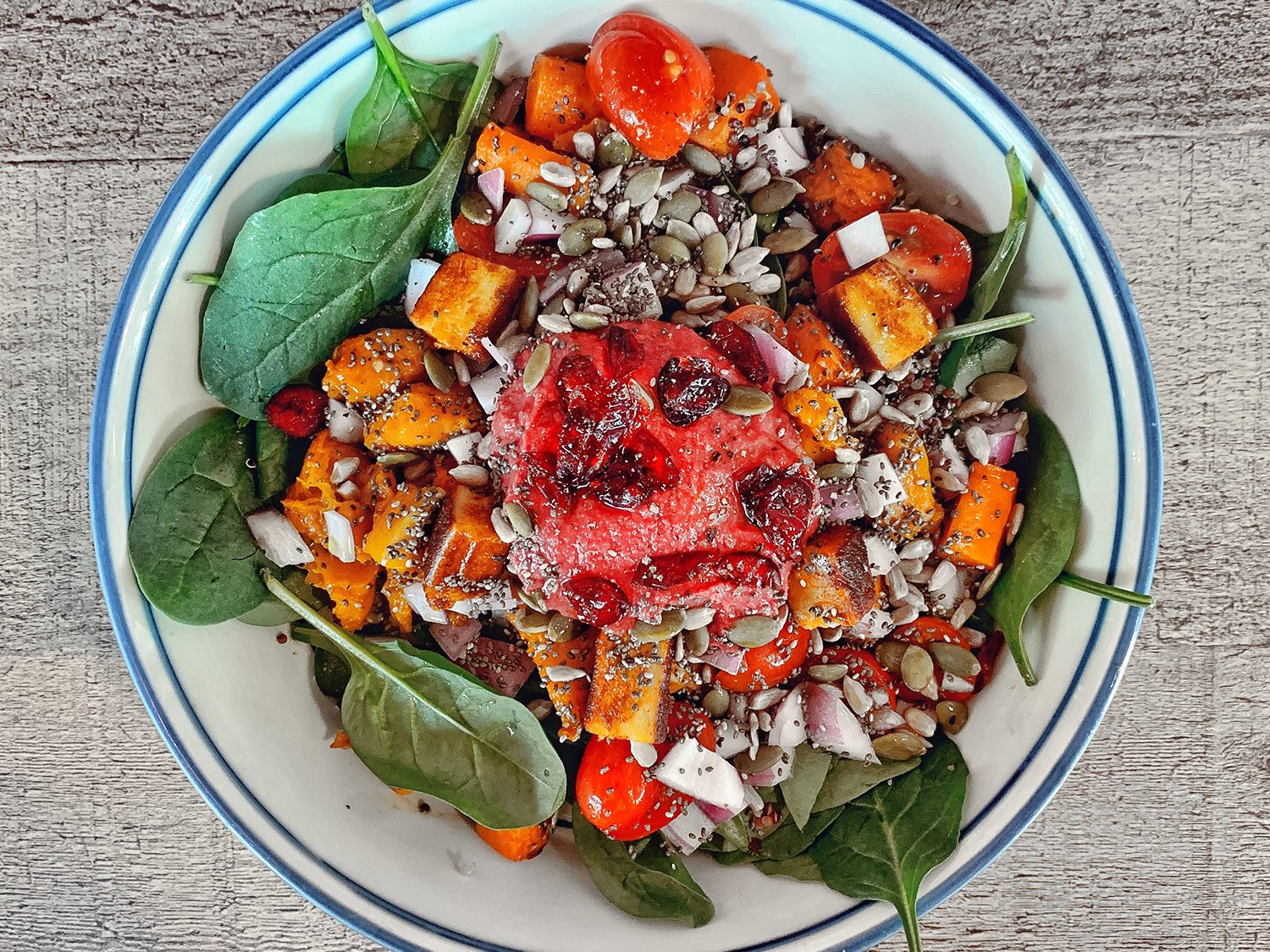We’re calling for an industry revolution.
We believe the food industry has a responsibility to do more for the teams we work with, the communities we work in, and the planet.
This is our recipe for change.


It cannot be understated: the climate emergency is the biggest challenge of our lifetime.
Food plays a key role in global emissions, with the global food system currently accounting for 30% of greenhouse gas emissions. Food waste is the third largest cause of global warming. 1.3bn tonnes of food is thrown away each year - that’s a third of all food produced globally. Developed countries shoulder most of the fault for this, but it’s developing countries that first feel the consequences of inaction.
This site is about our journey towards net zero; a record of the problems we face, the way we propose to tackle them, and the results we hope to achieve. We hope to be a model for the rest of the industry on how to do this right, so we’re being as transparent as possible. We want to be market leaders in sustainable food; delivering locally sourced, plant forward and in-season menus.
We know this isn’t something we can do overnight and we’ll be bringing you detailed plans as well as explanations about the targets we will hold ourselves to and our plans of how to reach them.
Until Levy UK&I achieves
CLIMATE net zero
Our strategy focusses on four key areas:












SMALL STEPS MAKING A BIG DIFFERENCE
Small and subtle changes to make our food offerings more plant-based.
Redesigning your menu with seasonal produce.
Surplus kitchen equipment? Check out this sustainable option.
From body scrub to fertiliser, coffee grounds can be reused in many ways.
Get clients on board with the impact this has!
Why sustainable fish procurement needs to be at the forefront of our menu planning.
Here’s why we want to ensure that the packaging we use is from sustainable sources.
All the stats and facts that favours the switch to an electric vehicle.
Plant-based dishes are a tasty solution to carbon footprint reduction.
Why it’s important to have partnerships with sustainable beverage suppliers.
Reducing our CO2 emissions means knowing where are produce comes from.
We’re committed to the sustainable sourcing of poultry products.
Why sustainable fish procurement needs to be at the forefront of our menu planning.
One of our main commitments on the road to net zero is to reduce our food waste to 25% by the end of 2024.
We need to focus on reducing the amount of dairy we are using across our venues…
In order to achieve our net Zero goals by 2027, we have developed an extensive roadmap encompassing everything sustainability related.







































